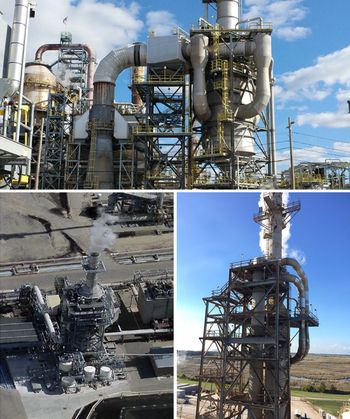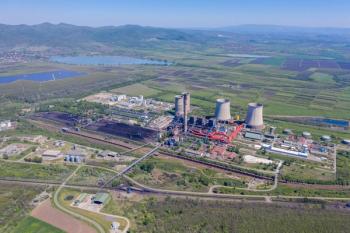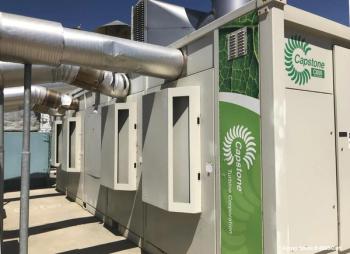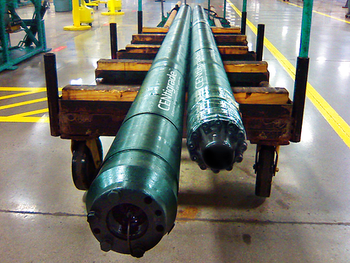
ACWA Power Closes on 10 Energy Projects for $14B
In a 12-month period, ACWA Power closed a series of energy projects across Saudi Arabia, Egypt, and Uzbekistan.
ACWA Power, within a 12-month schedule, has financially closed a combination of renewables, water desalination, and green hydrogen projects valued at more than $14 billion. The 10 closed projects are located across the Middle East and Central Asia in Egypt, Saudi Arabia, and Uzbekistan. A significant portion of the $14 billion evaluation is the NEOM Green Hydrogen project in Saudi Arabia—a utility-scale green hydrogen production facility currently under construction and valued at $8.5 billion.
“The past 12 months marks a milestone for us, as it represents the highest number of projects we have ever successfully achieved financial closure for within 12 months,” said Abdulhameed Al Muhaidib, CFO of ACWA Power. “It demonstrates commitment to creating a sustainable future for generations to come. It not only validates our expertise as a developer and operator of energy projects but also speaks about the trust our investors and partners place in us.”
In addition to closing Saudi Arabia’s NEOM Green Hydrogen project, ACWA Power signed financial closings of the Ar Rass solar PV, the Al Shuaibah 1 solar PV, and the Al Shuaibah 2 solar PV projects that comprise the country’s national renewable energy program (NERP). Saudi Arabia is also home to two additional closings in the waterpower market: Shuaibah 3 IWP and Rabigh 4 IWP.
The financing for these projects has been granted from local and international financial institutions as well as infrastructure development funds. Including the projects closed out in this 12-month period, ACWA Power manages 75 energy assets throughout the Middle East, Africa, and central/southeast Asia.
“The financial execution base shows the accelerated rate of development underway across countries when it comes to energy transition, we expect this to ramp up even further in the coming years as governments realize the additional economic benefits of changing their energy mix beyond the climate and environmental ones,” said Al Muhaidib.
Newsletter
Power your knowledge with the latest in turbine technology, engineering advances, and energy solutions—subscribe to Turbomachinery International today.




